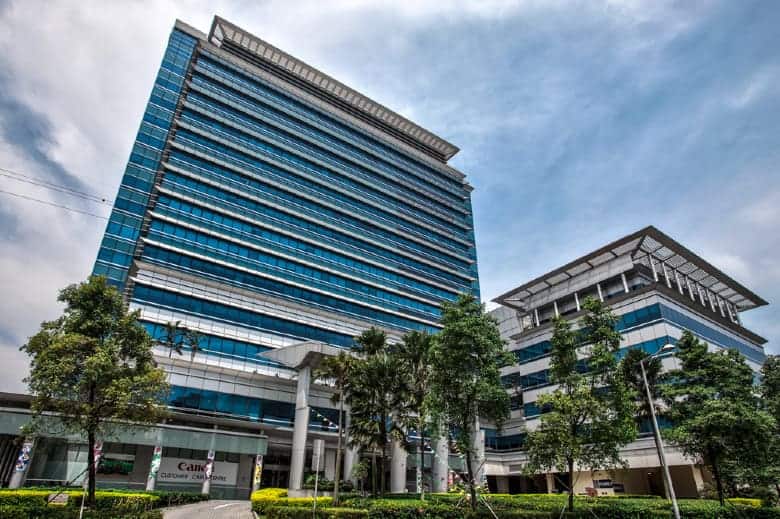
Alpha’s team have been keeping busy in their offices at Keppel Bay Tower in Singapore
Alpha Investment Partners, a private fund management arm of Singaporean asset manager Keppel Capital, has secured a S$360 million ($267.6 million) separate account mandate from Netherlands-based PGGM, which manages funds on behalf of Dutch pensioners.
The Alpha Asia Separate Account fund includes a top-up option of up to S$320 million, which would bring the aggregate commitment to S$680 million if the top-up option were fully exercised.
The announcement comes less than six months after the $295 million first closing of Alpha Asia Macro Trends Fund IV, which has a target capitalisation of $1 billion to be invested in opportunities arising in major cities around the region. The new fund will focus on core-plus opportunities in commercial real estate in key cities in Japan and China, as well as in Singapore, Keppel Capital said in a Thursday press release.
“We are pleased to extend our long-standing partnership with PGGM, which has invested in various Alpha-managed funds for over 15 years,” said Alpha CEO Alvin Mah. “The new investment mandate bears testimony to the confidence that institutional investors have in Alpha’s capabilities in delivering sound returns for our investors.”
Targeting APAC Gateways
Representatives of the Temasek Holdings-controlled fund manager declined to provide background on Alpha’s previous partnerships with PGGM. PGGM has been a major investor in infrastructure globally, and Keppel Capital, which serves as the parent firm for Alpha, also manages Keppel Asia Infrastructure Fund.

Alpha Investment Partners CEO Alvin Mah
Alpha Investment partners is now on the fourth iteration of its Asia Macro Trends series, which continues to target multiple real estate asset classes across APAC’s gateway cities. The Asia Macro Trends series has been largely sector-agnostic in pursuing deals, with the fourth iteration seeking office, business park, logistics, retail and residential opportunities.
The fund manager has not offered details on the backers of AAMTF IV, or earlier versions of the strategy.
While investing the $1.1 billion raised for AAMTF III, Alpha chose assets from around the region, including teaming up with Allianz Real Estate in 2019 to jointly invest €1 billion ($1.1 billion) to acquire an 85 percent stake in a Beijing commercial complex.
Alpha also worked with Allianz Real Estate in 2018 when the two investors joined forces to purchase a building in Shanghai’s Bay Valley business park for $90 million.
The separate account mandate award for Alpha is not expected to have any material impact on the earnings per share and net tangible assets per share of parent group Keppel Corporation for the current financial year, Keppel Capital said.
Dutch Expedition
Alpha Asia Separate Account is the latest investment in Asia for PGGM, a Dutch cooperative pension fund manager, which looks after €266 billion in assets on behalf of 4.4 million members.
PGGM was one of the early backers of logistics developer ESR’s funds, with the Dutch investor’s involvement predating the 2016 merger that formed the Hong Kong-listed firm from Shanghai-based E-Shang and the Japan-focused Redwood Group.
Just a few weeks after that merger, PGGM brought its total investment in ESR initiatives to $430 million, through its third major investment in the company’s ventures.
Last July, ESR revealed that PGGM had sold four stabilised logistics properties in China from a development fund the two had set up for RMB 1.7 billion ($243 million). The buyer of the four assets was a new ESR joint venture with Canadian insurer Manulife.
A month earlier, an unnamed Dutch investor had committed $65 million to US-based Nuveen Real Estate’s core strategy in Asia Pacific. PGGM wasn’t identified as the investor, but Netherlands pension fund managers APG and Bouwinvest indicated to Mingtiandi at the time that they were not the source of the funding.
In 2016, PGGM and Allianz were named as investors in PAG Real Estate Partners Fund (PREP), a pan-Asia core plus strategy managed by Hong Kong-based PAG.
Leave a Reply